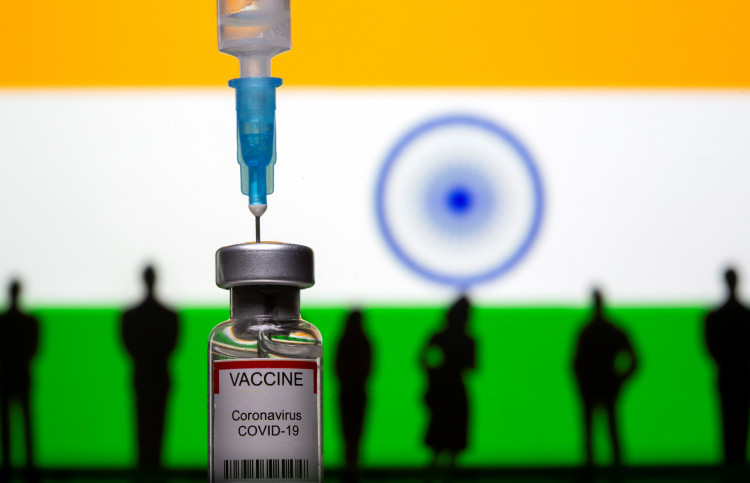Health experts have expressed their concerns that the global fight against the pandemic might go "back to square one" after India extended its ban on all COVID-19 vaccine exports.
On Friday they said that wealthy nations have to step up to plug the gap to support poorer nations.
India's decision to ban vaccine exports comes as it struggles to keep up with demand following a significant surge in new coronavirus cases, which has crippled the country's health care system.
The ban has significantly depleted the stockpile of the COVAX global vaccine-sharing scheme, which relies heavily on vaccines manufactured by the Serum Institute of India - the world's largest vaccine producer. COVAX, which supplies vaccines to poorer nations, was already 100 million doses below its targets when India imposed the export ban.
"It is a huge concern. The current approach that relies on a few pharma monopolies and a trickle of charity through COVAX is failing - and people are dying as a result," the health policy manager of global charity Oxfam, Anna Marriott, said.
Global health trust Wellcome said COVAX's heavy reliance on the Serum Institute was already a known vulnerability. The organization's global policy manager, Will Hall, said rich countries have to increase the number of vaccines they provide to COVAX "not in six months' time, not in a month's time, but now."
"We all should be concerned about this - the more the virus continues to spread, the greater the risk of it mutating to a stage where our vaccines and treatments no longer work. If that happens we're back to square one," Hall said.
The COVAX initiative is aiming to provide vaccines to at least 20% of the populations of more than 90 low to mid-income countries as donations. So far, the initiative has distributed more than 65 million doses, mainly AstraZeneca COVID-19 vaccines produced by the Serum Institute.
The U.S. said Thursday it would share an additional 20 million doses to COVAX - vaccines produced by Pfizer, Moderna and Johnson & Johnson - by the end of June. The EU said it would also ramp up its vaccine donations through COVAX during the second half of the year.





